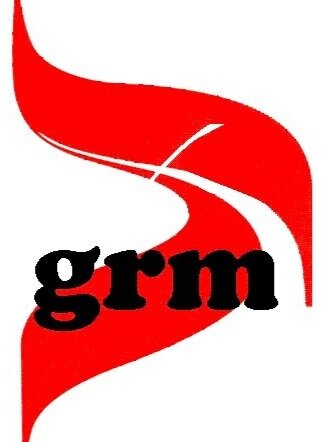LOVE RECOVERY OR LOVE ADDICTION (Post 24)
SUNDAY, FEBRUARY 19, 2012
Post 24
LOVE RECOVERY OR LOVE ADDICTION
February is a month filled with the symbols and words of love. Prior to Valentine’s Day, sweetheart roses are a common sight and card racks are bursting with valentines. After the fourteenth, marked-down heart candies fill the sales bins. Several years ago during this month, I attended a GA/Gam-Anon Conference with the theme Love Your Recovery. How true, I thought at the time, is this title, directly, on target. If we love what we’re doing, we are more likely to succeed in our endeavors. Conversely, if, realistically speaking, we not only do not love – or even like – what we are spending time doing, most likely, we will have little success.
As thoughts re-gathered around this theme, I toyed with the idea of taking another look at the DSM IV signs of compulsive gambling … this time reworded from the addiction’s point of view. It was a grisly thought: look at addiction in the framework of the addiction’s loving the addict. What would that look like? How would the ten DSM IV criteria be characterized is such a predatory, in-love sort of way?
Below are the criteria stated as they appear in the Diagnostic and Statistical Manual of Mental Disorders, 4th Edition (American Psychiatric Association). As you read each one, let your imagination rephrase the wording in the language of the addiction. An example for #1 might sound something like this: I love to fill the mind of the compulsive gambler with memories and dreams of winning and escape so that all (s)he thinks of is his/her gambling experiences.
You get the idea. When you are finished, what kind of picture do you have of pathological gambling? It is not a pretty sight!
1.Preoccupation. The subject has frequent thoughts about gambling experiences, whether past, future, or fantasy.
2.Tolerance. As with drug tolerance, the subject requires larger or more frequent wagers to experience the same "rush".
3.Withdrawal. Restlessness or irritability associated with attempts to cease or reduce gambling.
4.Escape. The subject gambles to improve mood or escape problems.
5.Chasing. The subject tries to win back gambling losses with more gambling.
6.Lying. The subject tries to hide the extent of his or her gambling by lying to family, friends, or therapists.
7.Loss of control. The person has unsuccessfully attempted to reduce gambling.
8.Illegal acts. The person has broken the law in order to obtain gambling money or recover gambling losses. This may include acts of theft, embezzlement, fraud, or forgery.
9.Risked significant relationship. The person gambles despite risking or losing a relationship, job, or other significant opportunity.
10.Bailout. The person turns to family, friends, or another third party for financial assistance as a result of gambling.
In plain language, addiction might very well appear as a love affair – between the addict and the dysfunctional behavior. Unfortunate? Yes, by all means.
And yet, one’s recovery can claim a prominent – and most productive – place in one’s heart. So rework the ten, in terms of loving recovery; and see what can become of the person in recovery. Now, this is a pretty sight!
For more information on recovery for compulsive gamblers, go to www.gamblersanonymous.org
For more information on recovery for loved ones of compulsive gamblers, visit www.gam-anon.org
For even more information on problem gambling recovery resources, visit www.grmumc.org
Rev. Janet Jacobs
Director, Gambling Recovery Ministries
Posted by Gambling Recovery Ministries at 12:00 PM
